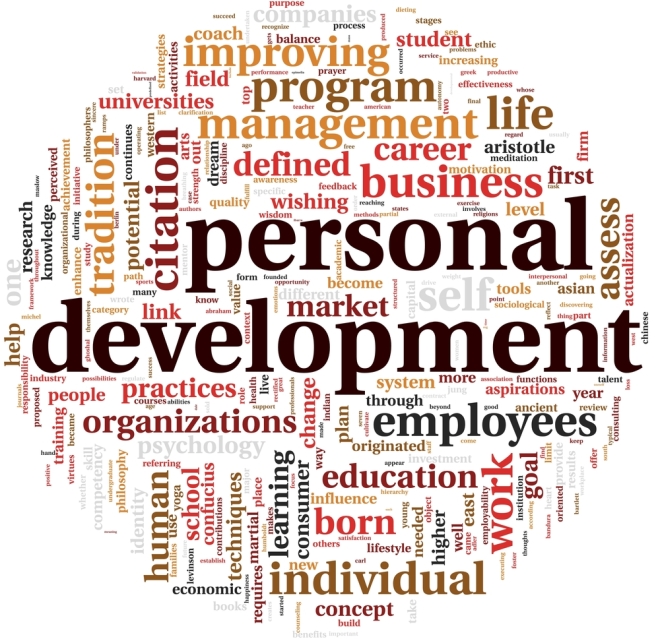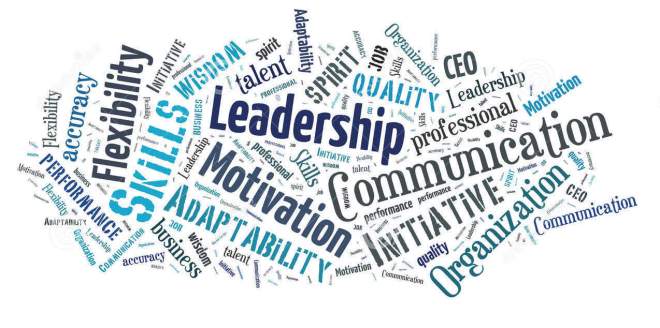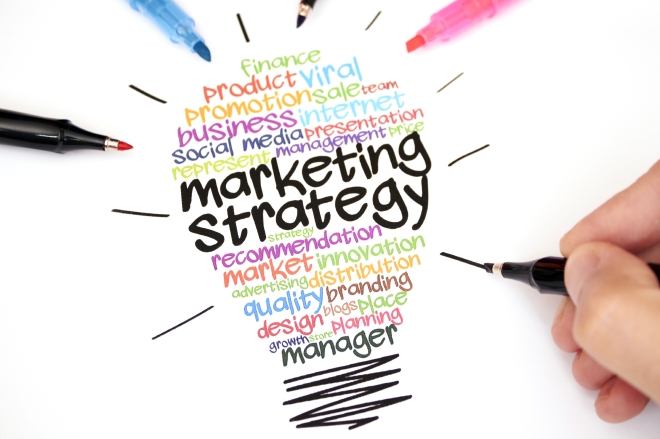Across the world a significant time and effort is invested within the profession of sport, exercise, and performance (SEP) psychology in qualification, accreditation, and recognition schemes. Understandably this is very important, we need to ensure everyone who operates under the banner of sport and exercise psychology is appropriately qualified and fit for practice. However, this intense focus on qualification does appear to often be at the expense of continuing to develop those individuals who are already qualified within those organisations and associations. With so much resource and time invested in qualification routes much less is available to continue to develop and evolve those individuals who have met (often assessed at a minimum) the threshold to practice, and that is it. Now some registrations, accreditations and recognitions require individuals to reapply, or to present evidence of continued professional development (CPD) but I would question sometimes how focused these are on the CPD element (rather than practice experience – which of course can be very developmental).

What skills, knowledge, expertise and experiences do SEP psychologists need to develop? What is the best avenue to deliver these? From a European perspective, CPD appears to be dominated by academia. Look at any relevant conference programme and it is dominated by University academics and researchers. Most workshops and sessions are organised and delivered by the same group. This is great for these academics and researchers, but not so great for non-academics. The argument is always ‘you need to keep up to date with research’ but surely the academic world needs to keep up to date with the applied world too? In the USA the Association for Applied Sport Psychology (AASP) conference offers a much better service to applied practitioners, and as a result is much better attended by that group. However, at the same time it is the academic community that often are willing to lead on delivering these sessions. For a range of reasons this is more difficult for the ‘purer’ practitioners. So who’s responsibility should good quality CPD be? Is it the organisations and associations that ‘qualify’ SEP psychologists? Should it be sport-specific and led by national governing bodies? Should it be specific interest groups or service providers (such as Institutes of Sport), or should it be more commercial organisations (is there an issue with maintaining a market advantage)?

In reality the answer needs to be all of these, but crucially it needs to be developed in a collaborative manner. One thing I would like to see at some point in the future in the UK is the development of a collaborative annual ‘Sport, Exercise, and Performance Psychology CPD handbook (either hard copy or virtual) that lists all of the CPD opportunities available to trainees and practitioners. If we could bring together the different stakeholders this could become an amazing resource for the profession in the UK. Something similar could also work in other parts of the world to. By putting the profession first we could achieve fantastic things . . . . . . . I better put it on the to-do-list!









